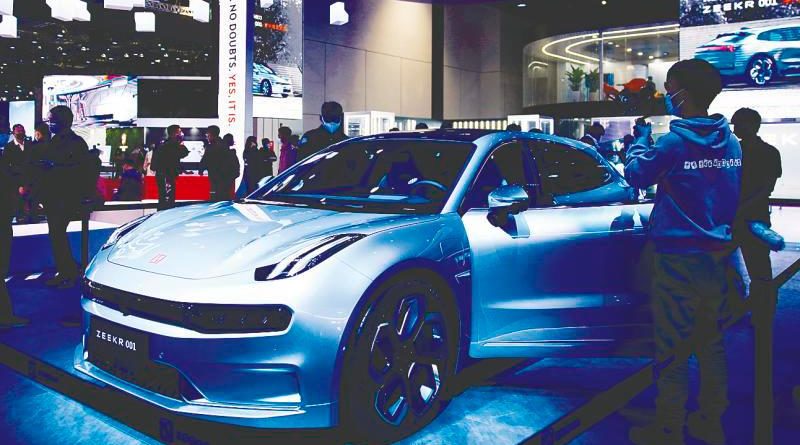OP ED Opinion Editorial | Striving for emission-free electric cars
THE adoption of electric vehicles as a solution to environmental concerns has gained prominence due to its potential to decrease dependence on non-renewable energy sources, especially petrol and diesel. As such, the production of electric cars is projected to increase to meet the growing global demand.
Malaysia is positioning itself as a prominent player in the electric vehicle sector within Southeast Asia. To achieve this goal, the government is promoting a favourable electric vehicles ecosystem, with the backing of two internationally renowned automotive giants: Geely and Tesla.
When delving into this environmental concern, a question arises: To what extent can electric vehicles achieve zero carbon emissions?
Unlike petrol and diesel vehicles, electric vehicles do not have exhaust pipes, thus they do not emit detrimental gases. Nevertheless, labelling them as completely zero-emission vehicles may not ring true.
If a nation predominantly generates electricity from coal or other fossil fuels, the emissions associated with charging electric vehicles can be higher compared with regions that utilise cleaner energy sources, such as renewables (solar, wind and hydro) or nuclear power. Therefore, the environmental impact of electric cars in the country is not as environmentally friendly as it may seem.
Malaysia is heavily reliant on non-renewable energy sources for electricity generation. In 2021, coal remained Malaysia’s primary source of electricity generation, accounting for a substantial 77.3 terawatt-hours.
Before electricity generation, coal undergoes combustion, a process that involves burning and this subsequently releases various pollutants and greenhouse gases into the atmosphere during combustion.
Carbon dioxide emissions may escalate due to the prevalent use of these energy sources, potentially contributing to climate change. However, as the electricity grid becomes greener over time, the environmental benefit of electric cars will increase.
While most of today’s electric cars produce fewer emissions than petrol-powered vehicles, their environmental advantage depends on the energy sources used to generate electricity.
For true emission-free status, significant improvements in electric generation are essential to ensure that non-renewable sources are not completely burned.
In Malaysia, the use of electric cars can help soften the environmental impact due to its energy mix, which includes non-renewable and renewable sources.
Using a higher proportion of renewable sources, such as hydro and solar power, can additionally contribute to environmental conservation, resulting in a reduction of global warming.
The writer is from the Faculty of Business and Communication at Universiti Malaysia Perlis. Comments: [email protected]

@[email protected]











